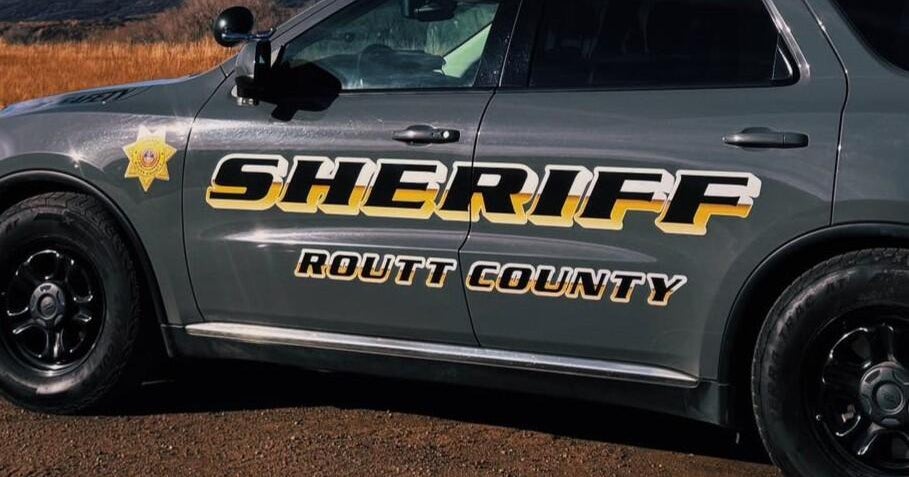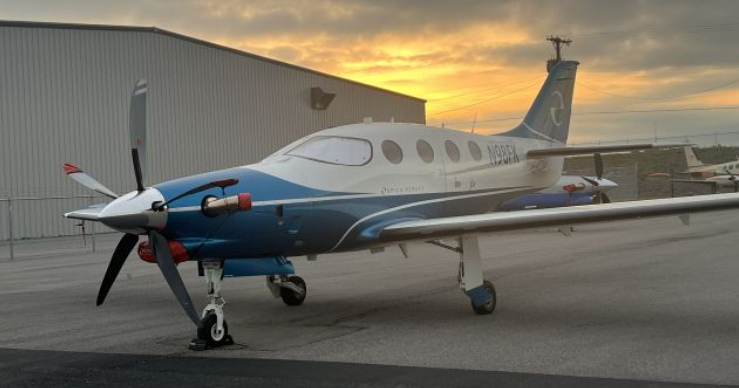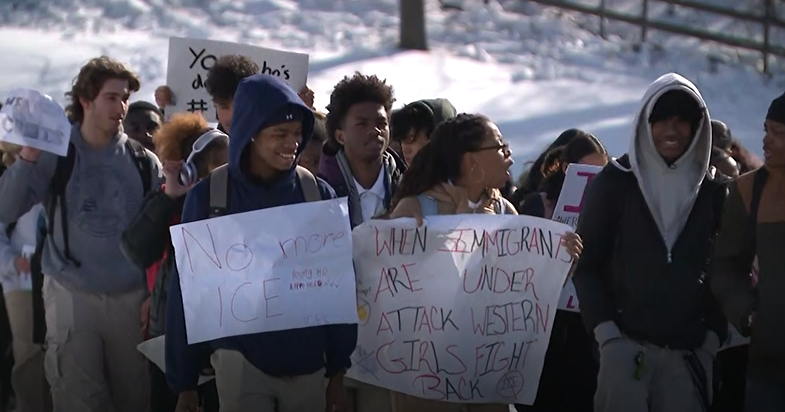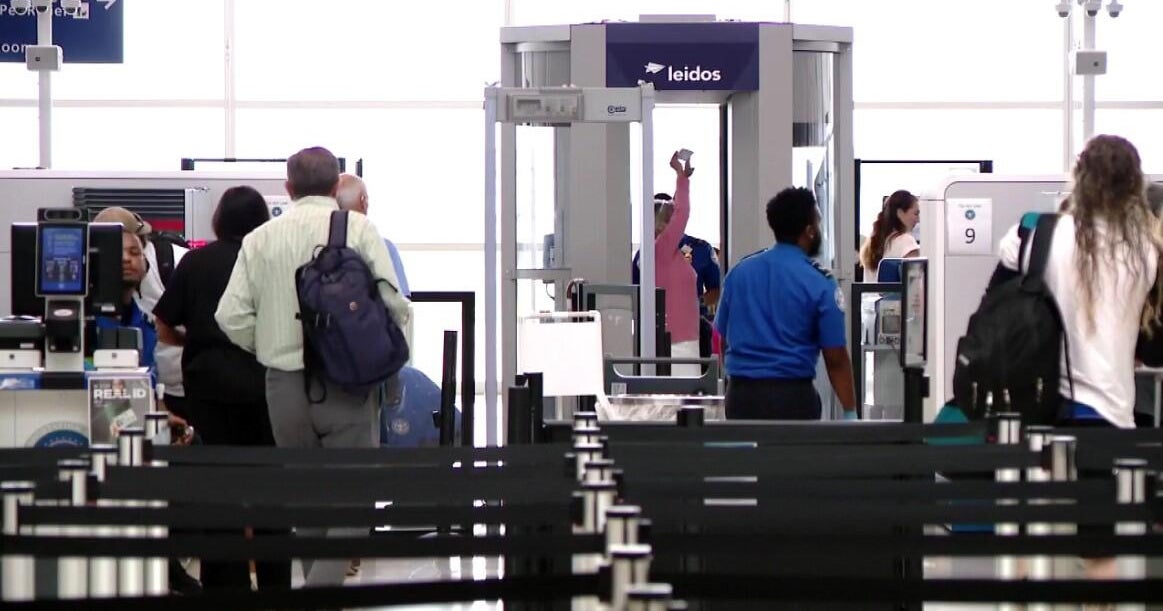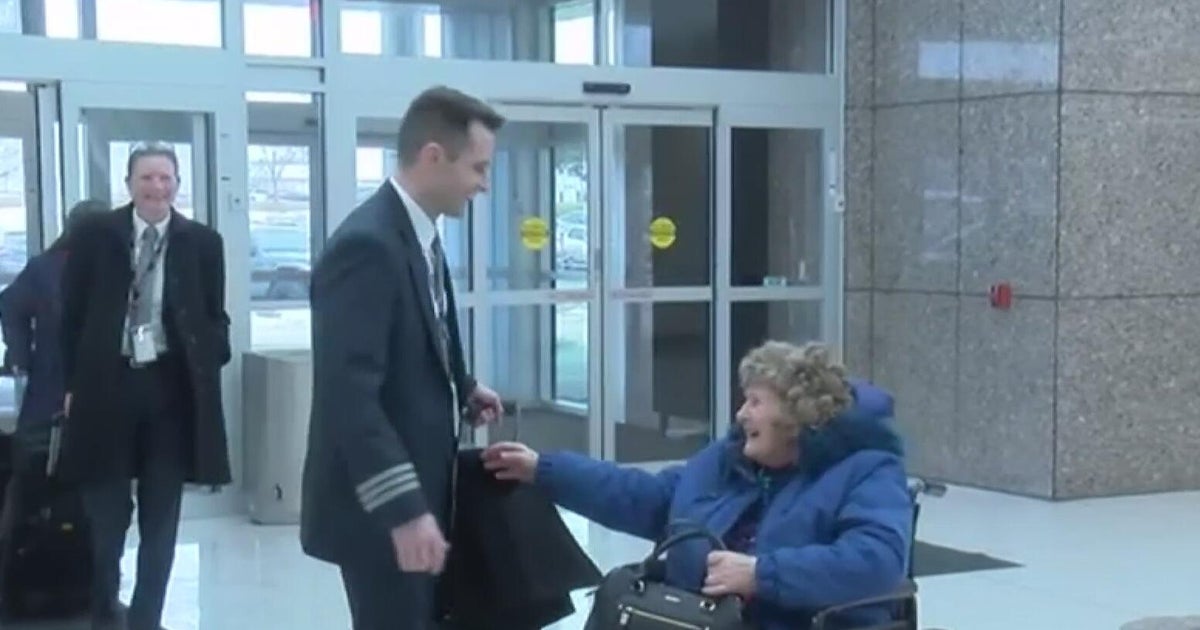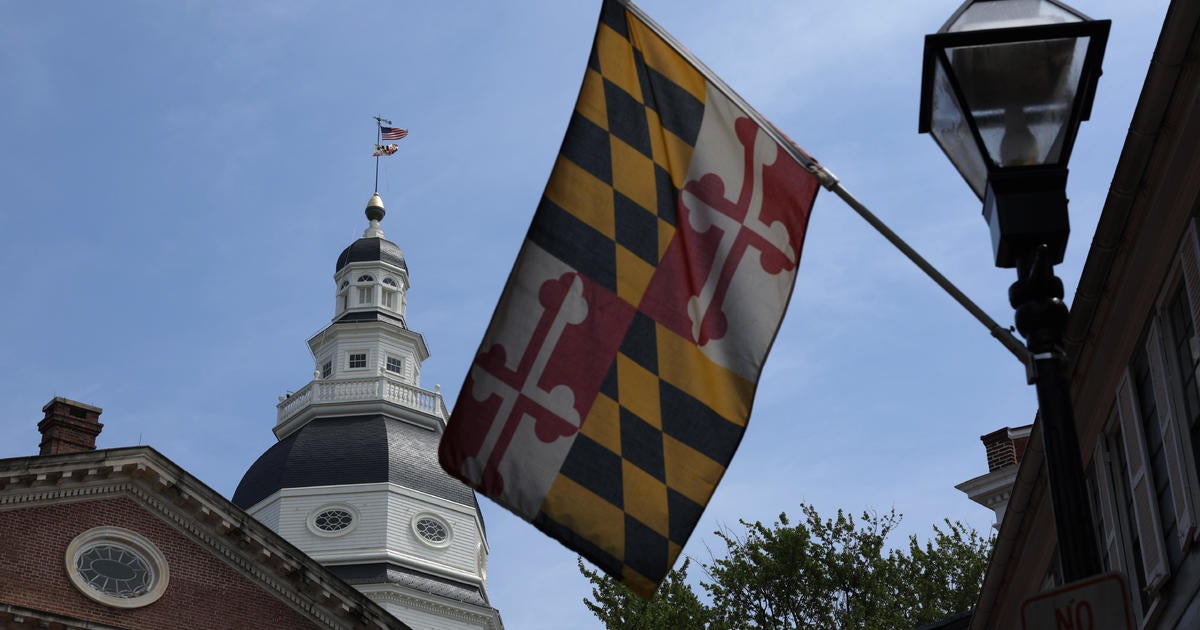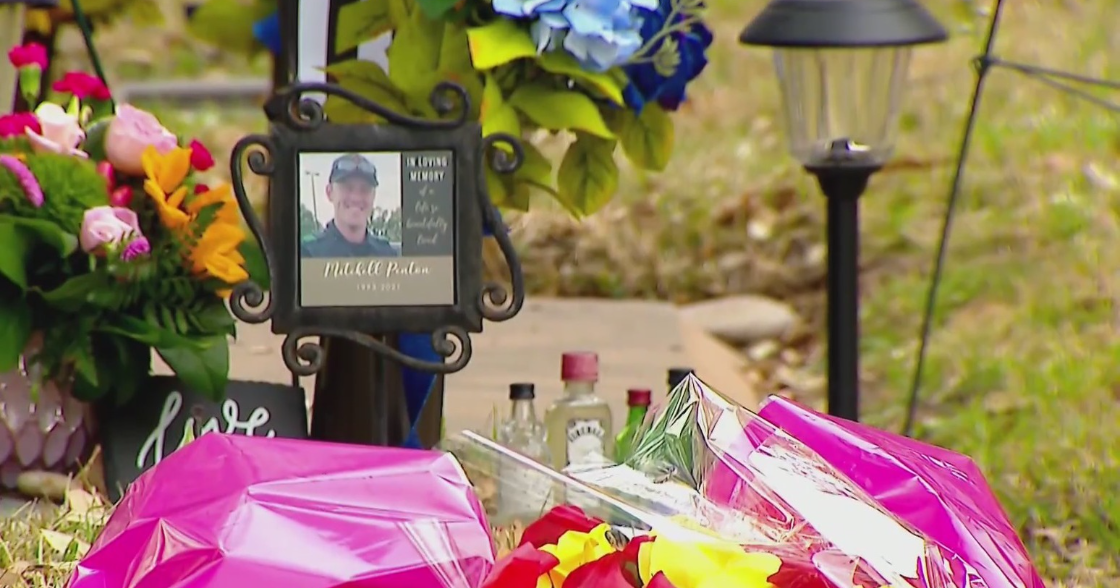Plane With First Lady Came Too Close To Cargo Jet
WASHINGTON (AP) -- Air traffic controllers directed a plane carrying first lady Michelle Obama to abort a landing at Andrews Air Force Base because it was too close to a military cargo jet, officials said Tuesday, in yet another embarrassment for the Federal Aviation Administration.
While there apparently was little risk to Mrs. Obama, the episode puts the FAA back into the spotlight as officials struggle to calm public jitters about flying that have been raised by nine suspensions of air traffic controllers and supervisors around the country in recent weeks, including five for sleeping on the job.
The first disclosed case of a controller falling asleep on duty occurred March 23 at Washington's Reagan National airport, not far from Andrews. The most recent was this week when a controller at a regional radar facility near Cleveland was suspended for watching a movie on a DVD player when he was supposed to be monitoring air traffic. The head of the U.S. air traffic system resigned last week.
This latest incident occurred at about 5 p.m. on Monday when a Boeing 737 belonging to the Air National Guard, one of several guard planes used by the White House, came within about three miles of a massive C-17 as the planes were approaching Andrews to land, according to the FAA and Maj. Michelle Lai, a spokeswoman for Andrews.
The FAA requires a minimum separation of five miles between two planes when the plane in the lead is as large as the 200-ton cargo jet, in order to avoid dangerous wake turbulence that can severely affect the trailing aircraft.
The FAA is investigating the incident as a possible error by controllers at a regional radar facility in Warrenton, Va., that handles approaches and departures for several airports, including Andrews, where the president's aircraft, Air Force One, is maintained.
The C-17 and Mrs. Obama's plane didn't have the proper separation when controllers in Warrenton handed them off to the Andrews controllers, a source familiar with the incident said.
Andrews air traffic controllers initially ordered Mrs. Obama's plane to conduct a series of turns to bring it farther from the military jet. When that didn't provide enough distance, controllers realized that there might not be enough time for the cargo plane to clear the Andrews runway before Mrs. Obama's plane landed.
Controllers then directed the pilot of Mrs. Obama's plane to execute a "go-around" — to stop descending and start climbing — and circle the airport, located in a Maryland suburb of Washington. A go-around is considered a type of aborted landing.
"The aircraft were never in any danger," the FAA said in a statement.
Aviation safety expert John Cox agreed that an accident was unlikely.
"Every professional pilot I have ever known has been in a situation where they were overtaking the plane in front of them and asked to do an S-turn," said Cox, a former airline pilot. "The only issue that could have come up was if they'd encountered the wake of the C-17."
Even then, Cox said, the 737 is a "very controllable" plane. "I don't think Mrs. Obama's plane would have been in any jeopardy."
Jill Biden, wife of Vice President Joe Biden, also was on the plane with Mrs. Obama. The first lady and Mrs. Biden had been in New York earlier in the day for a joint TV interview.
The first lady's office declined to comment and referred all questions to officials at the FAA and Andrews. The president's West Wing press office did likewise.
The National Transportation Safety Board is gathering information about the incident but hasn't yet decided whether it will open a formal investigation, board spokeswoman Kelly Nantel said.
The controllers in Warrenton and at Andrews work for the FAA, and it is their job to keep planes separated. When aircraft get too close, the FAA counts that as an operation error. Over the past several years, errors by controllers have increased substantially.
In the 12 months ending on Sept. 30, 2010, there were 1,889 errors, according to the FAA. That was up from 947 such errors the year before and 1,008 the year before that. Before 2008 the FAA used a different counting method.
Very few of the errors fall into the most serious category, which could result in pilots taking evasive action to prevent an accident. But those instances have also increased. In the year ending Sept. 30, there were 44 such events, 37 in the prior year and 28 in the year before that.
FAA Administrator Randy Babbitt has said the higher number of known errors is due to better reporting and technology that can determine more precisely how close planes are in the air.
Bill Voss, president of the Flight Safety Foundation of Alexandria, Va., said the kind of spacing error that occurred in the handling of Mrs. Obama's plane happens every day.
"It was more an embarrassment than a danger," said Voss, a former controller.
The incident was first reported Tuesday by The Washington Post on its website.
(Copyright 2011 by The Associated Press. All Rights Reserved.)
